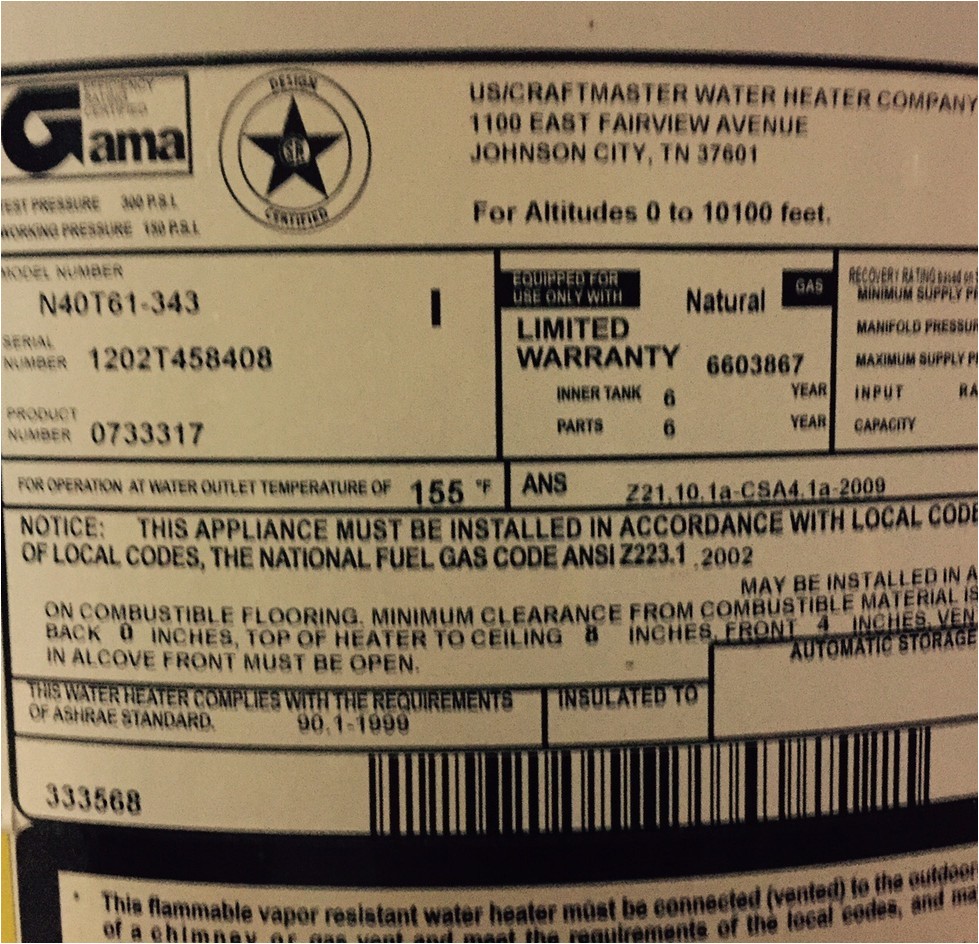

Vandalism is generally considered an insured peril. Since this event wasn’t something you did on purpose, and you couldn’t reasonably predict that it would happen, your home insurance would likely cover the cost of this damage. Most home insurance plans cover these types of events.įor example, suppose someone comes by and sprays graffiti on your garage door. To understand what’s going on here, it helps to explain what insurance companies mean when they talk about ‘insured perils.’Ī peril is a chance event that is both unexpected and accidental. How can insurance companies get away with not covering this type of damage? After all, a water heater is something every single home has. Why Home Insurance Doesn’t Cover Water Heater Damage

This means that if your water heater leaks, you could be financially responsible for fixing your basement and replacing your water-damaged belongings yourself. Today, most basic home insurance policies no longer cover damage resulting from a water heater that has been installed for a certain number of years – often 10 years or more. And recently, the list of exceptions has expanded to include certain water heaters.

Without this coverage, many of us would be forced to pay for the significant repair and replacement costs out-of-pocket.īut as you already know, home insurance doesn’t cover every kind of damage and disaster that can occur to your home. It also represents peace of mind – the comfort of knowing that your family won’t have to be responsible for a major financial hardship in an already difficult situation. Home insurance can protect you from the costs of a fire, storm, or another unexpected disaster. Does home insurance cover water heater damage? Why A Busted Water Heater Could Cost You BigĪlthough it isn’t mandatory here in Ontario, most banks and lenders will insist that you purchase and show proof of home insurance before they’ll approve you for a mortgage. One thing we didn’t cover in that article is another potential source of damage in your home: your hot water heater. There, we talked about damage caused by burst pipes, leaky plumbing, spring flooding and sewer back-up. In our previous blog on home insurance, you learned of the various kinds of water damage that are and are not covered under the standard home insurance policy in Ontario. But are you completely certain that all your home’s systems are covered? At Baker Brothers, we can’t turn back time, but we can evaluate the best move for your heater.You know that home insurance is important. If it’s over 5 years old, we recommend considering the switch to tankless or at least following our maintenance tips. No matter the brand, the year and month of manufacturing is available to all consumers.Īfter you complete the Sherlock quest for the manufacturing date of your heater, it’s time to decide if you should replace the old or call for maintenance.
#AGE OF WATER HEATEDR SERIAL NUMBER#
The serial number might begin: “YF165…” Using their year/month decoder you can find Y = 2002 and F = June. For example, the Bradford White rating plate incorporates a letter system that represents manufacturing years. Other manufacturers require you to check their date-decoding system online.

Some manufacturers make it easy to determine the age of your heater by including the month and year built into the first 4 digits of the serial number. How do I determine the age of my water heater?Īll water heaters, no matter the brand, must be equipped with a rating plate that lists important data such as the model and serial numbers, manufacturing company’s name, length of warranty, and more. By age 12, nearly 75% of all water heaters have failed (While these numbers may excite your insurance claim office, we think it is in your best interest to check the age of your water heater so that you can make the best decision for your household. The rate of failure that leads to an insurance claim dramatically rises at year 5. Let’s consider the dog years of your water heater. When is it time to break things off with your tank water heater and take the tankless plunge? Probably sooner, rather than later. A quick guide to calling it quits with your antiquated tank water heater


 0 kommentar(er)
0 kommentar(er)
